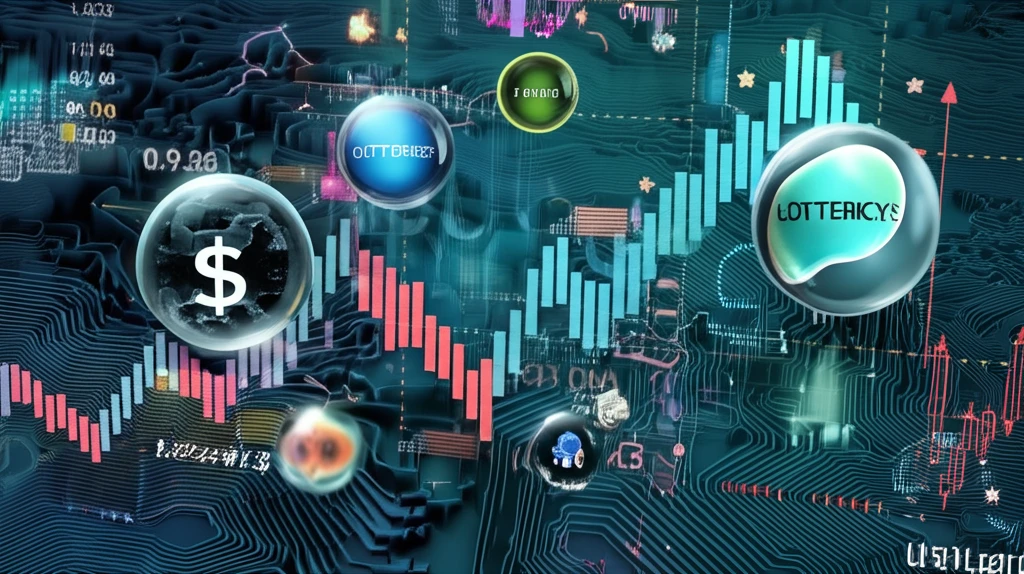
Beyond Classical Thinking: How a Constructive Viewpoint Reshapes Expected Utility
"Explore how intuitionistic logic and variable lotteries are revolutionizing economics, offering new insights into decision-making and risk assessment."
For decades, classical economic theory has relied on a neat, pre-packaged view of decision-making. Individuals are assumed to have clear, unwavering preferences that can be easily identified. This framework excels in simplicity but often falls short when confronted with the complexities of real-world choices. What happens when people can't neatly compare options or when their preferences evolve with new information?
Enter constructive mathematics, a branch that demands every mathematical object be built from the ground up, using intuitionistic logic. Unlike classical logic, intuitionistic logic doesn't assume that every statement is either true or false. This opens the door to modeling situations where information is incomplete, and decisions are made with a degree of uncertainty that classical models often ignore.
This article explores how a constructive viewpoint transforms our understanding of expected utility, a cornerstone of economic decision theory. We will navigate the concept of “variable lotteries,” examine the implications of intuitionistic logic, and uncover how this innovative framework offers a richer, more nuanced understanding of human choice.
What Are Variable Lotteries and Why Do They Matter?

Imagine a traditional lottery: you have fixed probabilities of winning certain prizes. Now, consider a variable lottery where the probabilities themselves change depending on various factors. These factors could be new information, evolving economic conditions, or even your own state of mind. This is where the concept of a topological space comes in handy.
- Observability Restrictions: The topology encodes limitations on what we can observe or measure. Some information might be inherently difficult or impossible to obtain perfectly.
- Continuous Variation: Both lotteries and preferences change smoothly across the topological space, reflecting the idea that our understanding evolves gradually rather than in sudden leaps.
- Refinement of Information: Replacing a large open set with smaller ones represents gaining more precise information. What seemed uncertain before might become clearer with additional data or analysis.
The Future of Decision Theory: Embracing Uncertainty and Evolving Preferences
This exploration into constructive mathematics and variable lotteries reveals a new way forward for decision theory. By acknowledging the inherent uncertainties and limitations of our knowledge, and that humans preferences changes and evolves, economists can develop models that are more adaptable and better reflect the nuances of human behavior. This shift promises not only a deeper understanding of individual choices but also more effective strategies for navigating the complexities of the modern economic landscape.
